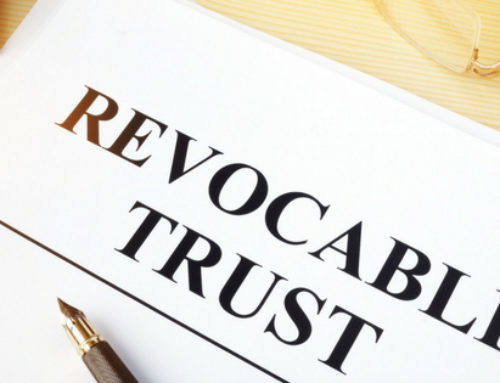Having the assets you worked hard in life to acquire pass on to whom you wish they go, and not the government, then you need to know exactly what is going to be considered part of your estate. You may not realize it, but your life insurance policies can be considered part of your estate in some circumstances.
When is it Considered Part of the Estate?
So just when is a life insurance policy considered part of an estate? IT is generally the case that any time the beneficiary is anyone other than your spouse, the benefits are part of the estate. While spouses are freely allowed to transfer assets to each other tax free, anyone else does not fall into this exemption. This means that if you have taken out a $500,000 policy on yourself and named your children as the beneficiaries, your estate will be calculated with that $500,000 counted into the final amount.
Is There a Way to Avoid it?
There may be ways to avoid having insurance policies be made part of your estate. One is to put your policy into a trust. Doing transfer of funds like this isn’t without risk as you will lose control of the policy as such and it will now become part of the trust. It will require a much more involved process to change a trust’s beneficiaries or distribution.
For legal advice on estates and estate planning, contact Stano Law group today.







Leave A Comment